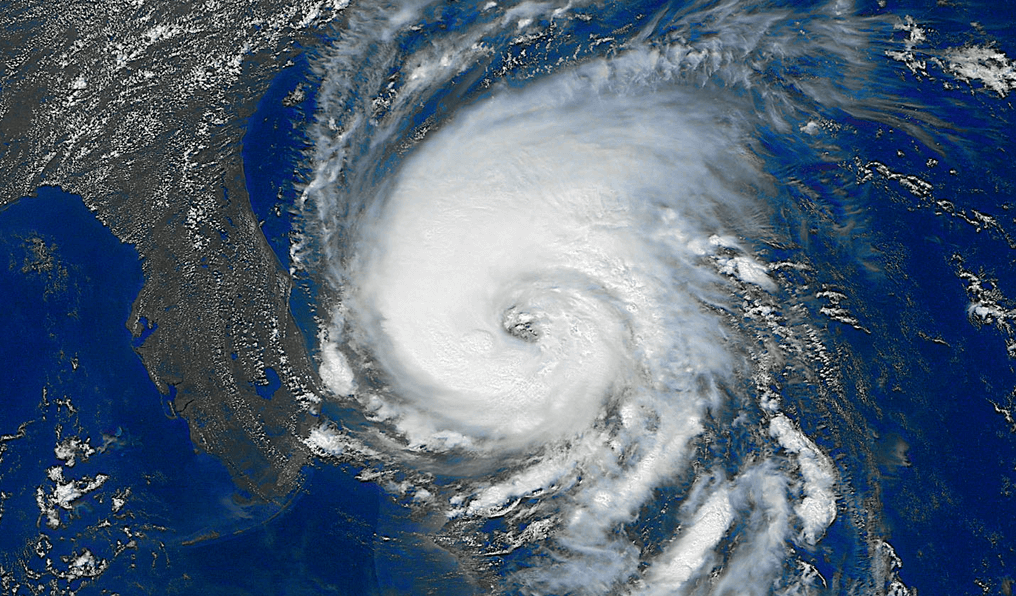There are no solutions to complex problems — except when the problem becomes so complex it must have a simple solution.
That is the paradox thrown up by global warming and the shattering report of the U.N. Intergovernmental Panel on Climate Change. The report cries out for dramatic, simple remediation of the amount of carbon pumped into the atmosphere every day by industrial society.
The complex solution is a case-by-case, country-by-country, industry-by-industry, polluter-by-polluter remediation: power plants, automobiles, trucks, trains, ships, aircraft and manufacturers.
The simple solution to this complex problem is to tax carbon emissions: a carbon tax. Make no mistake, it would be tough. Some industries would bear the brunt and their customers would carry the burden — initially a light burden growing to a heavier one.
The obvious place to start is with electric utilities. Those burning coal would get the heaviest penalty. Those burning natural gas — the fuel favored by its low price and abundance in the nation — some penalty, but not as heavy.
Nuclear, which is having a hard time in the marketplace at present, would be the big winner of the central station technologies, and solar and wind would continue to be favored.
When it comes to transportation and farming, the pain of carbon taxation rises. The automobile user has choices like a smaller car, an electric car or simply less driving. But heavy transportation, using diesel or kerosene, is where the pain will be felt: buses, trucks, tractors, trains, aircraft and ships. The burden here is direct and would push up prices to consumers quickly.
Jets are a particularly vexing problem. Although they represent about 3.5 percent of pollution, it is the altitude at which they operate (above 30,000 feet) that makes them particularly lethal greenhouse gas emitters.
A carbon tax must be introduced gradually but firmly so that technology and alternatives have a chance of coming to the rescue. Some things, like airline tickets, will just cost more before manufacturers improve engines and work on new propulsion. Farming will he hard hit, and farmers may have to get rebates.
When a carbon tax was proposed in the 1970s, it was defeated in Congress by a phalanx of industry groups led by the American Petroleum Institute and the National Coal Association, now part of the National Mining Congress. Its purpose then was to cut demand for fuel during the energy crisis, which was in full swing. Today these groups are less vocal on the subject as their members begin to entertain the idea of a tax.
Although Congress is still opposed to it — an anti-carbon tax resolution was overwhelmingly passed in the House in July — industry is coming around.
ExxonMobil, Royal Dutch Shell, BP and Total have signed on, and several Republican lobbying groups outside of Congress are working with members of the House and Senate, including the new Americans for Tax Dividends. Alex Flint, executive director of the Alliance for Market Solutions, an influential group of Republican graybeards and financiers, says they get a good hearing in private conversations with lawmakers.
The U.N. climate study with its awesome conclusions may have come too late to play a big role in the midterm elections. But, especially after hurricanes Florence and Michael, it will blow through the 116th Congress at gale force, the public demanding action.
The quick fix — rough-and-ready and punitive — may be the only quick fix: Tax carbon where it enters the atmosphere. History tells us the economy will adjust creatively.

 Follow
Follow
Leave a Reply